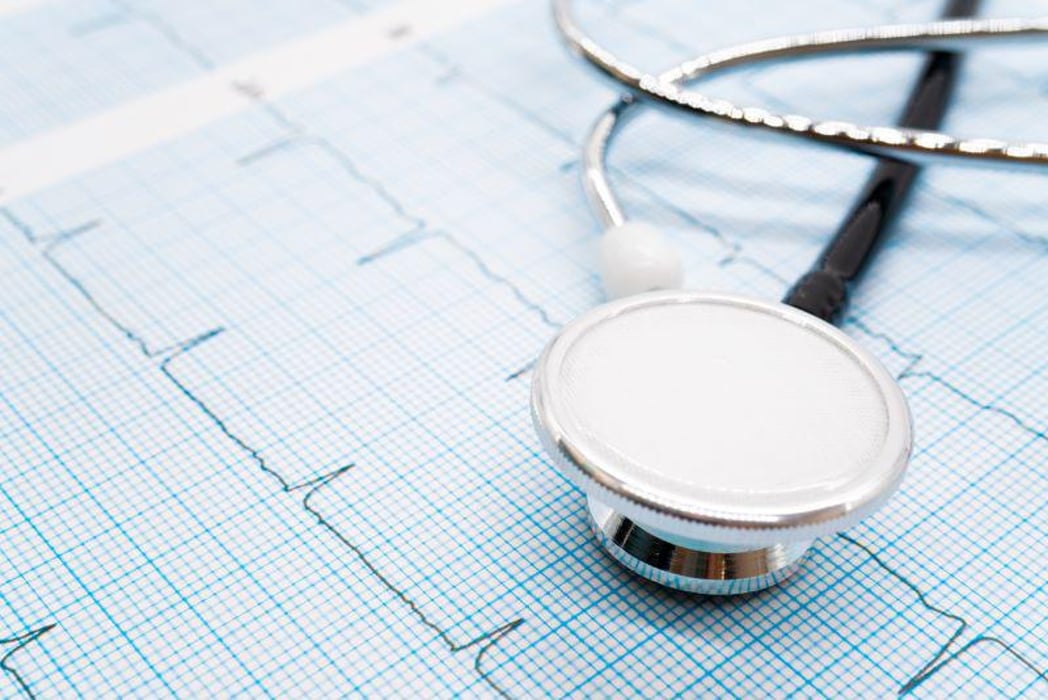Postop, Nonoperative A-Fib Carry Similar Risks for Stroke or TIA

TUESDAY, July 26, 2022 (HealthDay News) -- Compared with nonoperative atrial fibrillation (AF), postoperative AF after noncardiac surgery is associated with a similar risk for stroke or transient ischemic attack (TIA), according to a study published online July 26 in the Annals of Internal Medicine.
Konstantinos C. Siontis, M.D., from the Mayo Clinic in Rochester, Minnesota, and colleagues compared the risks for ischemic stroke or TIA and other outcomes in patients with postoperative AF versus those with incident AF not linked to surgery in a cohort study. A total of 4,231 patients with incident AF were included, of whom 550 (13 percent) had postoperative AF as their first-ever documented AF presentation.
The researchers found that 486 patients had an ischemic stroke or TIA and 2,462 had subsequent AF during a mean follow-up of 6.3 years; there were 2,565 deaths. Those with postoperative AF and nonoperative AF had a similar risk for stroke or TIA (absolute risk difference at five years, 0.1 percent). Patients with postoperative AF had a significantly lower risk for subsequent AF (absolute risk difference at five years, −13.4 percent). Patients with postoperative AF and nonoperative AF showed no difference in cardiovascular death or all-cause death.
"Our findings have potentially important implications that are pertinent to clinicians involved in the early postsurgical and follow-up care of patients in primary and subspecialty care settings," the authors write.
Abstract/Full Text (subscription or payment may be required)
Related Posts
Drug Combo Boosts Outcomes for Advanced Melanoma
MONDAY, Jan. 10, 2022 (HealthDay News) -- For people newly diagnosed with...
CDC Turns to Wastewater Data to Track Spread of COVID-19
FRIDAY, Feb. 4, 2022 (HealthDay News) -- Federal health officials announced...
Asthma Risk May Be Increased in Oil Spill Response, Cleanup Workers
MONDAY, Aug. 22, 2022 (HealthDay News) -- For oil spill response and cleanup...
Is Your Gas Stove Making You Sick? Experts Weigh In
FRIDAY, Jan. 27, 2023 (HealthDay News) -- Natural gas stoves have become the...
